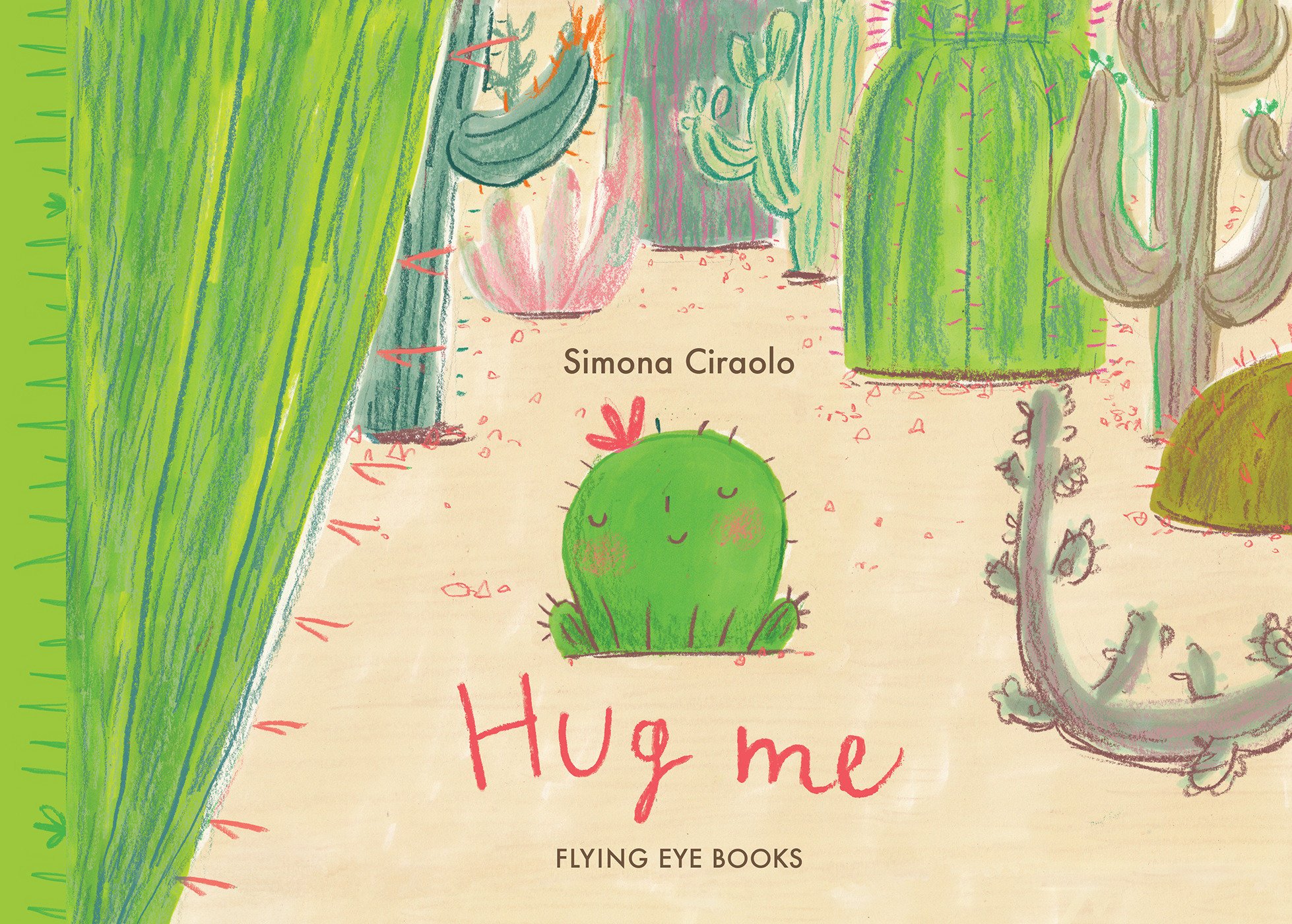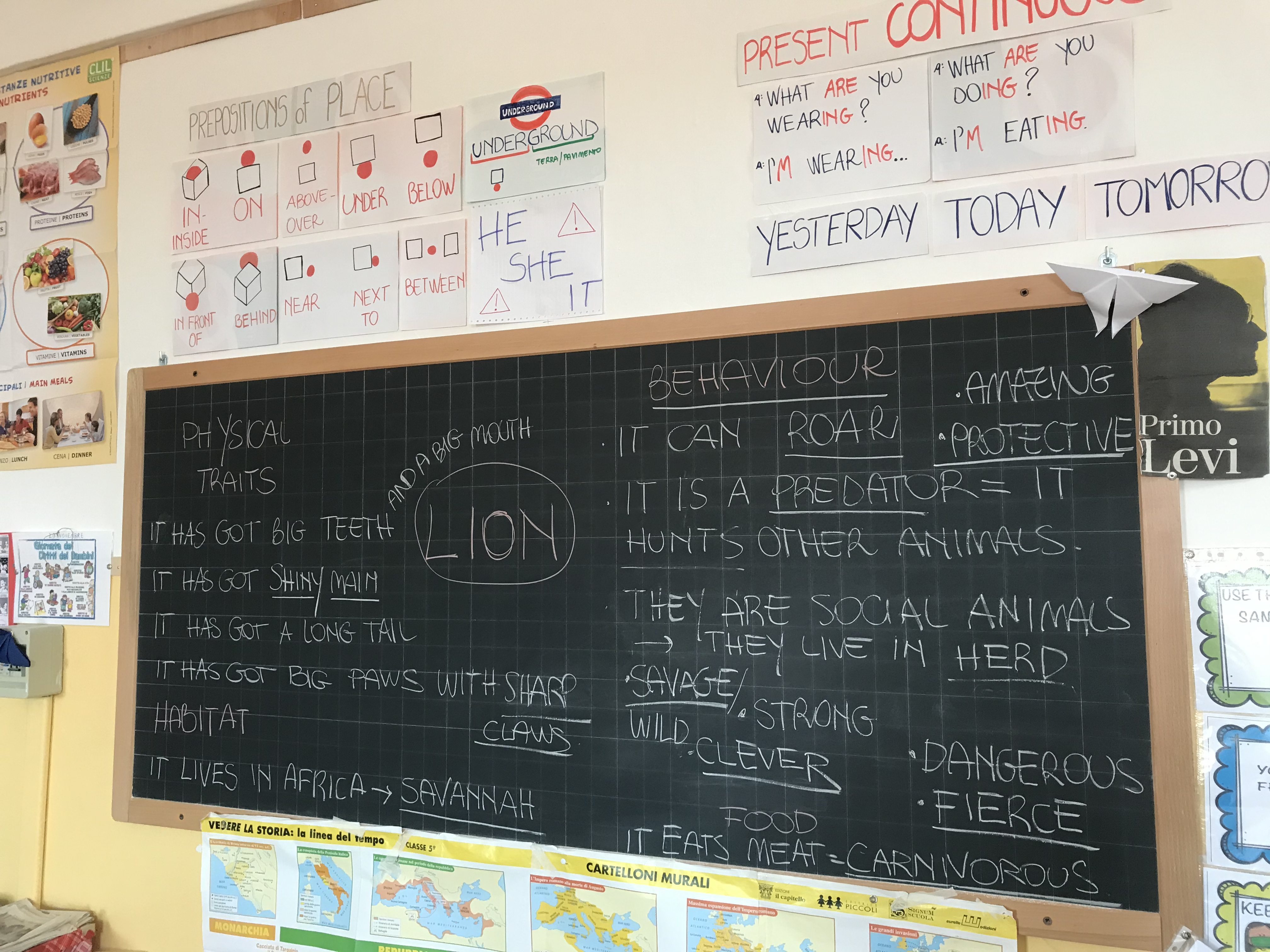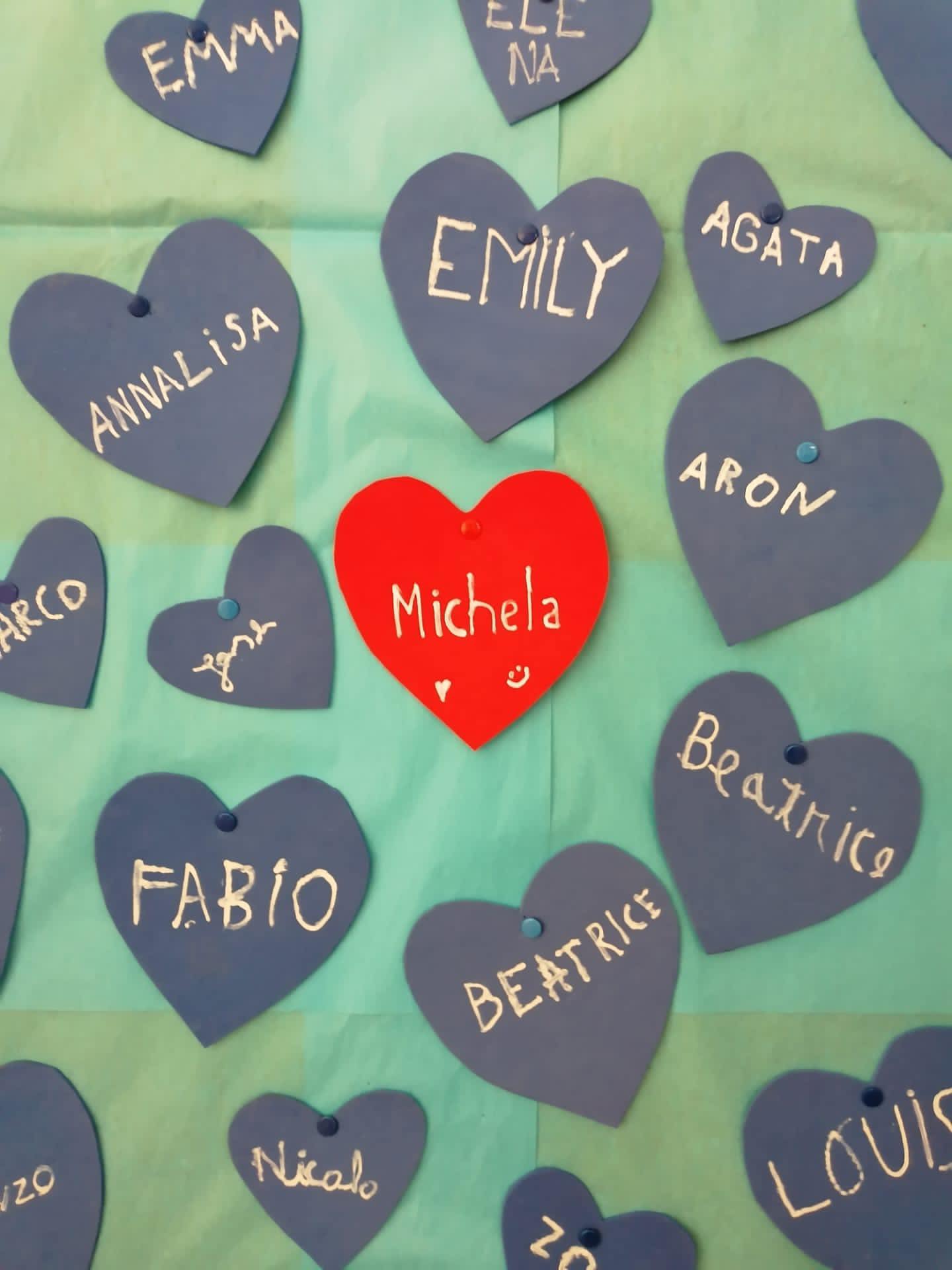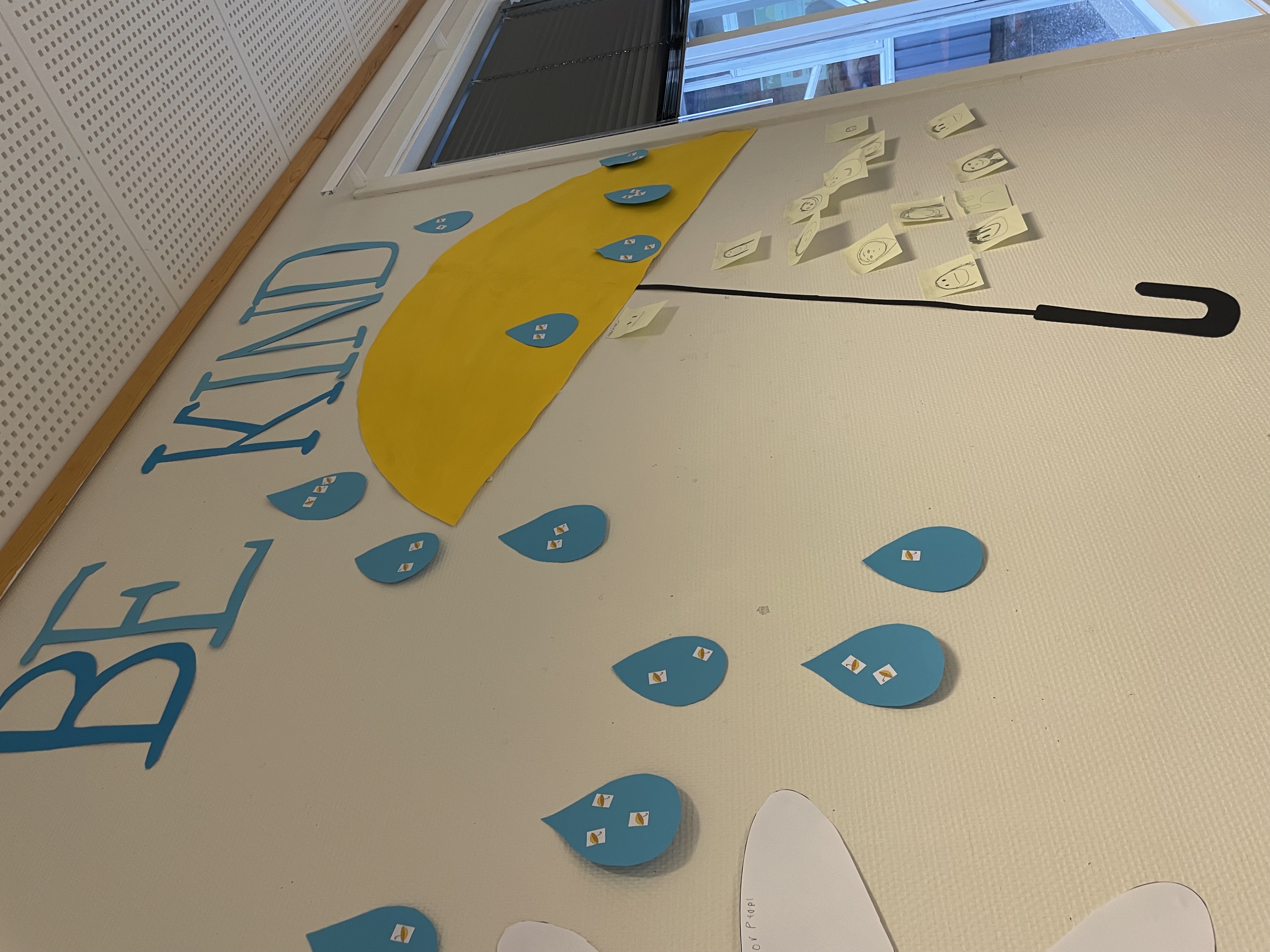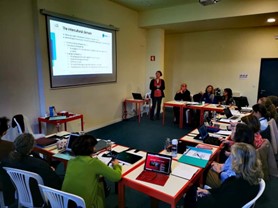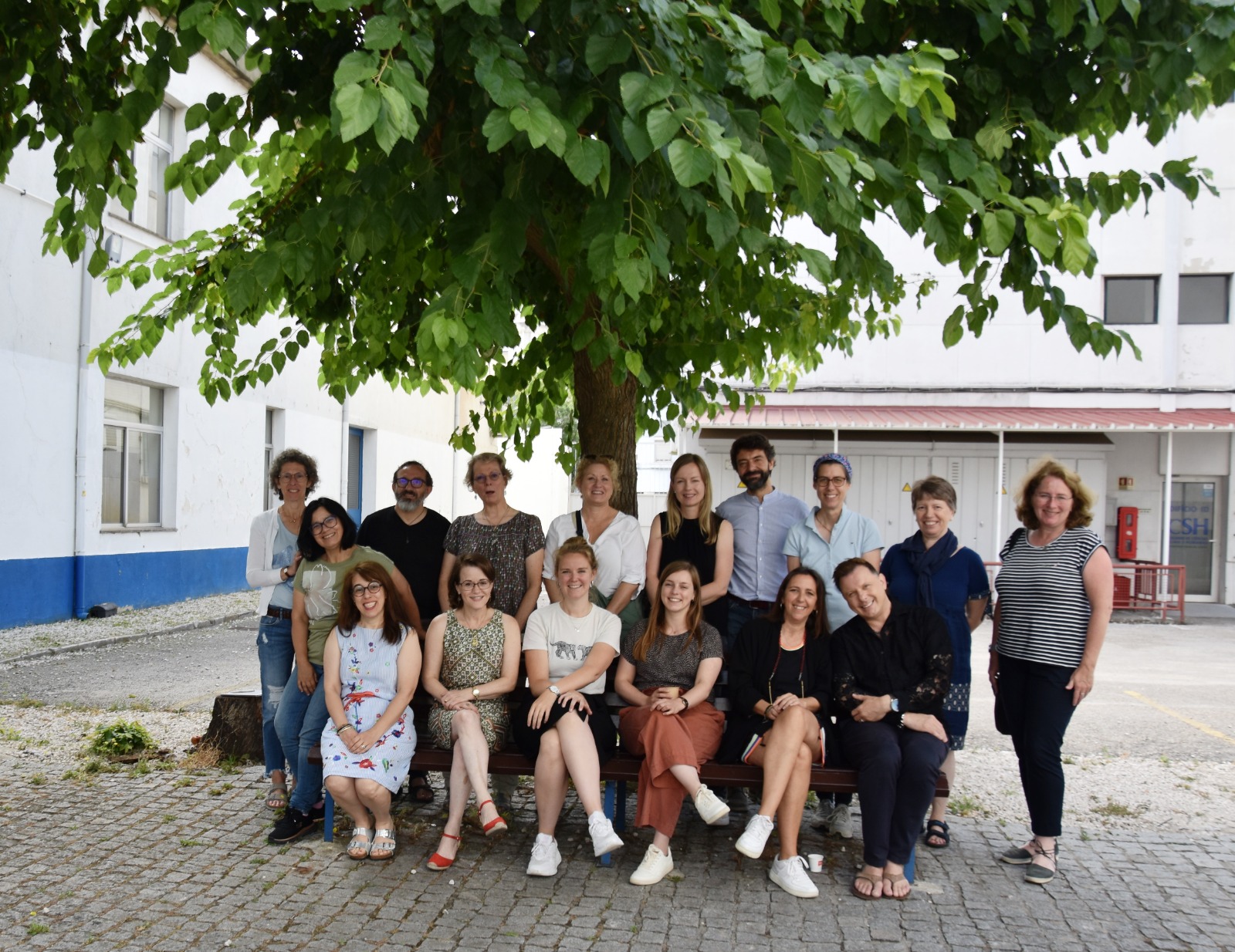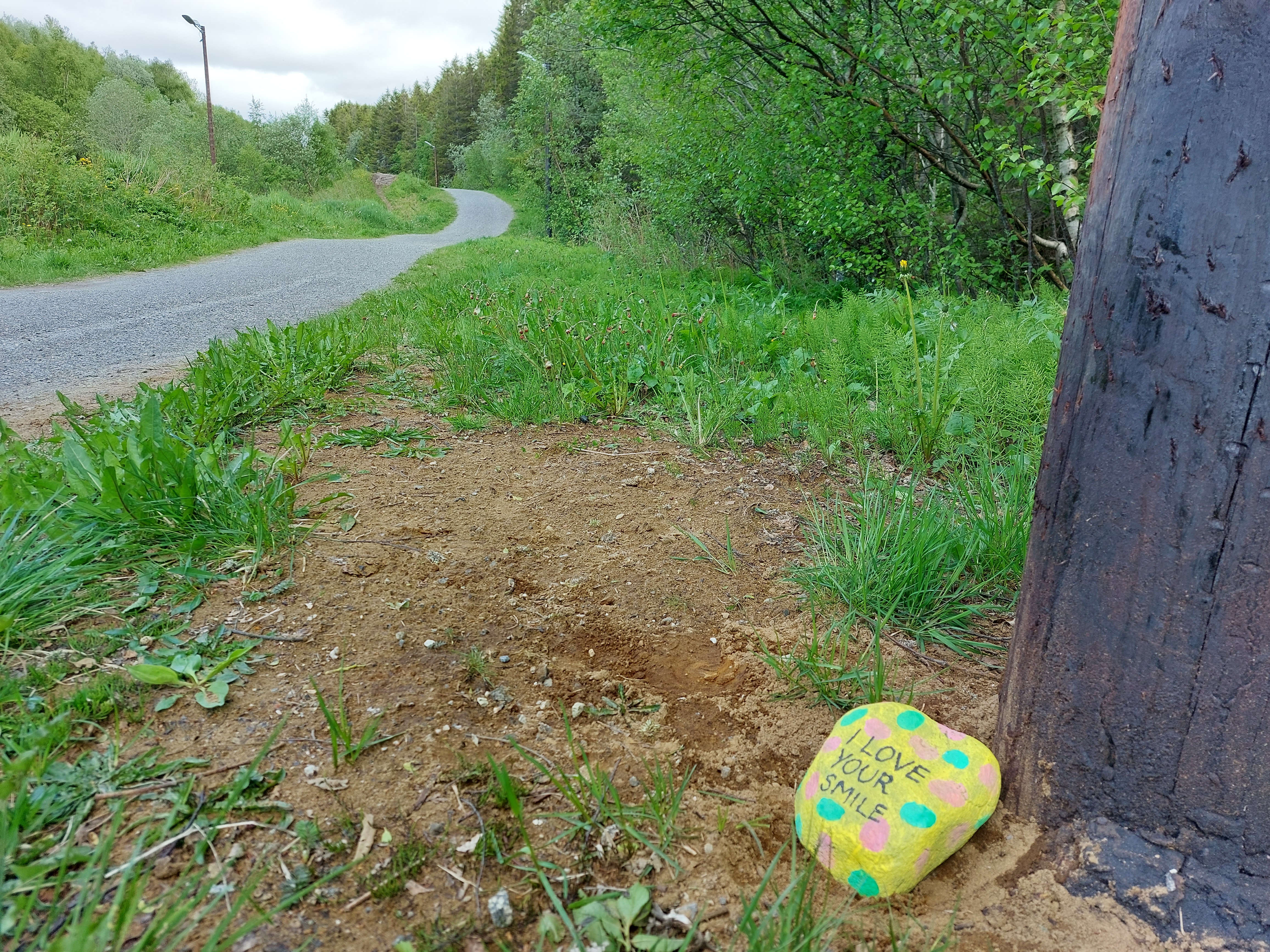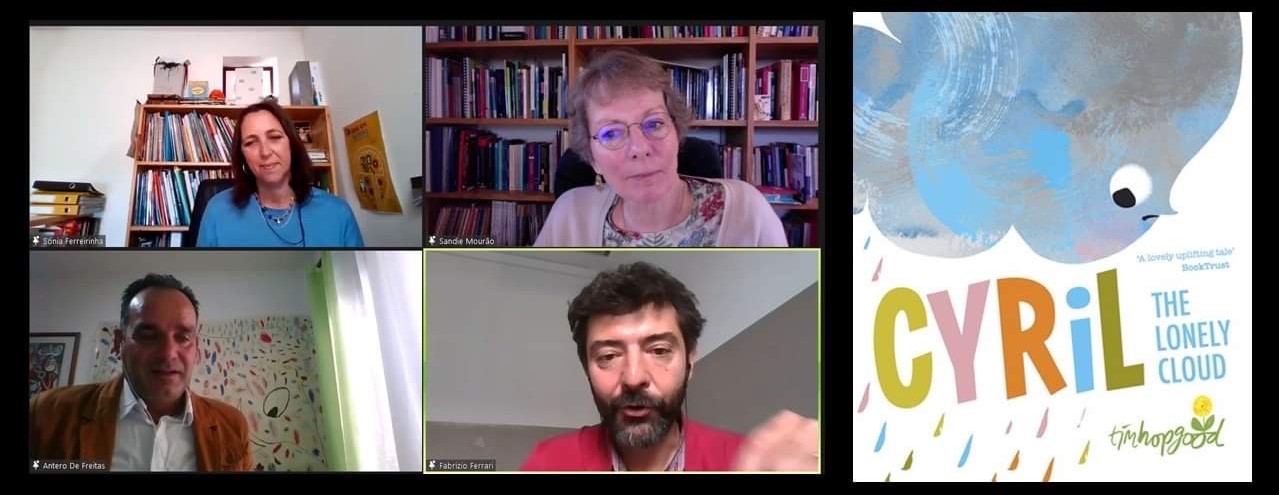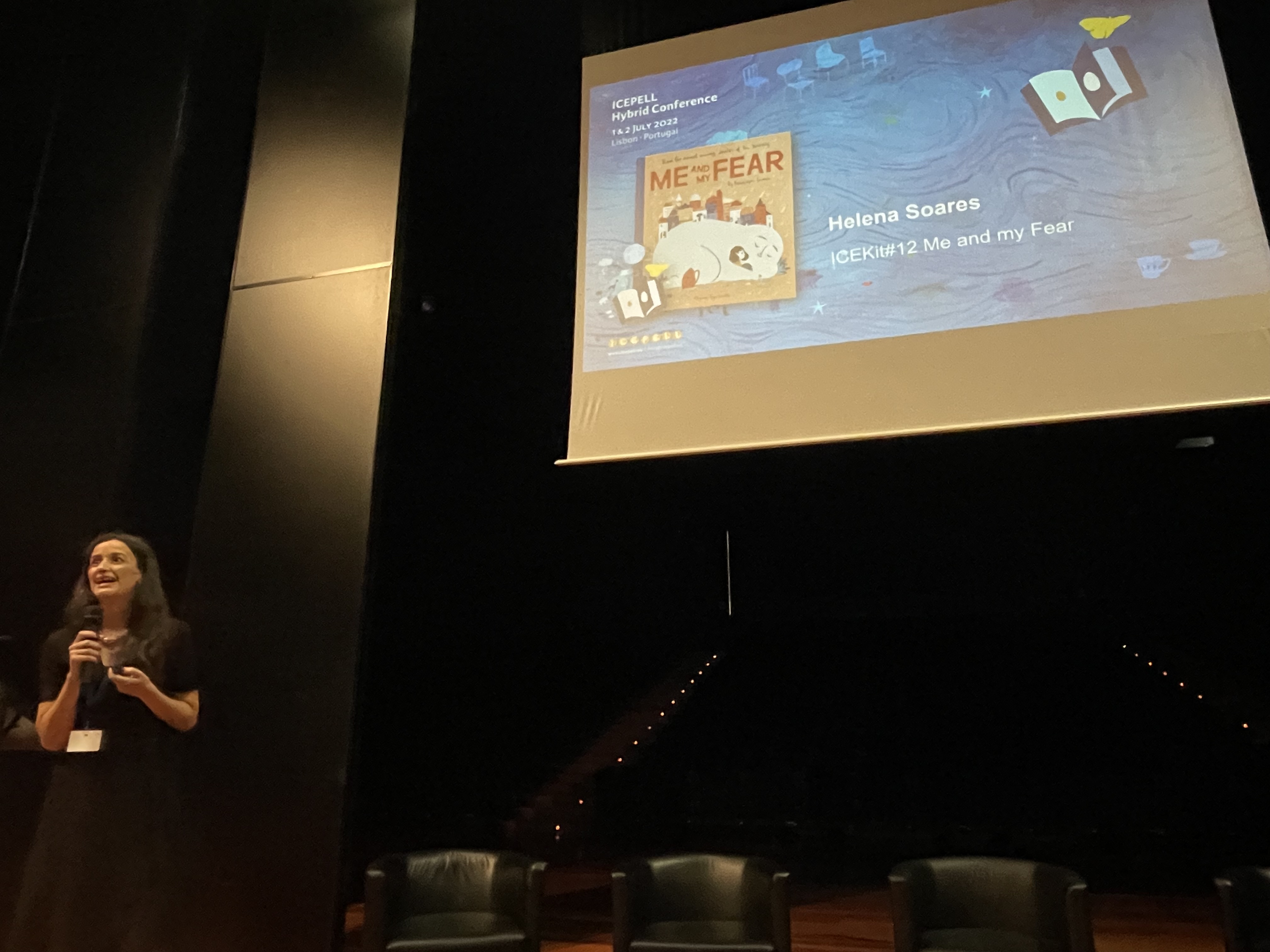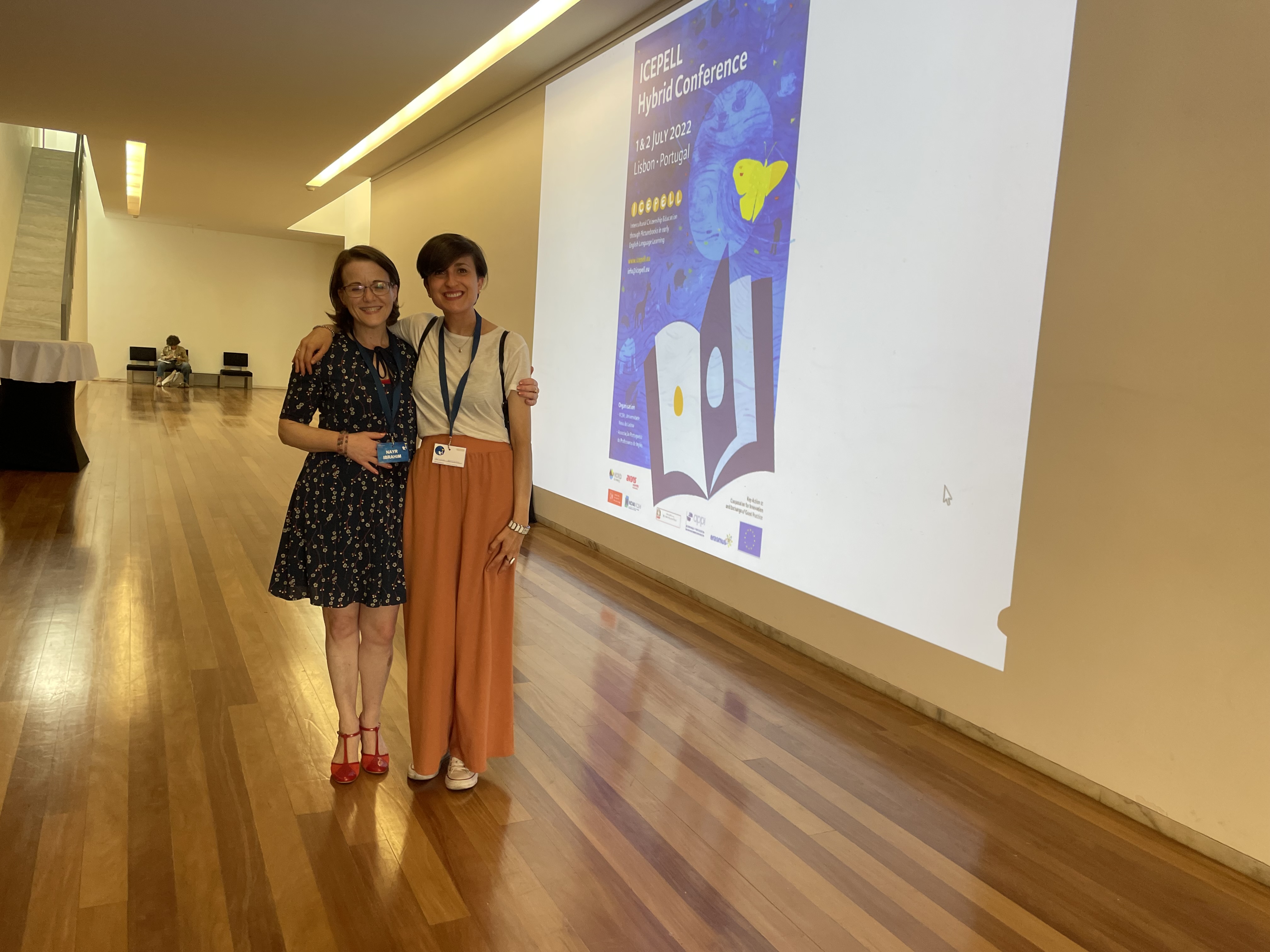Once upon a time there was a not-so-perfect Norman, a lonely cloud called Cyril, Leonard, the gentle Lion, and many more picturebook voices, wanting to Say Something about a world that is different and diverse, cruel sometimes, yet colourful and intercultural, and always critically relevant for primary English language education.
(click on the titles, in blue, for a pedagogical surprise!)
ICEPELL (Intercultural Citizenship Education through Picturebooks in Early English Language Learning), an Erasmus+ project, amplified these voices. It brought them into schools, gave them a home in English classrooms, where they went from illustrated pages via teachers’ learning to children’s hearts. As teachers, student teachers and teacher librarians in the project learnt to engage with the raw material of these picturebooks, they moulded ideas, activities and questions that tackle the challenges of the world today and connected local and global experiences. Through teacher learning and active engagement with the materials we hope these voices will continue echoing through classrooms across the world.
The ICEPELL project team consisted of picturebook lovers with a strong belief in the power of intercultural learning and citizenship education from five different countries, working at the following institutions, Universidade Nova de Lisboa and Associação Portugesa de Professores de Inglês (Portugal), Nord University (Norway), Avans University of Applied Sciences (the Netherlands), Technische Universität Braunschweig (Germany), USR Piemonte Sustainable Network (Italy). Working across geographical and educational contexts and learning to understand and respect the specificities of primary education in each country was an intercultural experience in itself for the project team. Discovering we were Same, Same, but Different, we worked through our differences and celebrated our similarities as we imagined the core materials that would eventually become the final outputs.
These final outputs consist of the following elements:
- The ICE Survey, which can be download in English, identified the needs in each context in terms of integrating picturebooks, intercultural learning and citizenship education.
- The Picturebook Selection Guide is a tool, consisting of a number of questions that can help teachers identify suitable picturebooks for intercultural citizenship in early English language learning. It encourages deeper reflection around a picturebook, its potential for intercultural citizenship and the role of the teacher in mediating intercultural and citizenship themes. Only by understanding how the world is, a world where the War did come, where The Water Protectors need to stand their ground and where not everybody is always Welcome, can we work to make it a better place. However, bringing these challenging themes into the classroom and handling them with care is a skill that teachers need to develop. Hence, selecting the appropriate picturebooks for exploring these themes was an important first step in educating teachers in this process.
- The ICEPro Course, is a unique opportunity to connect theory and research-based input with practical strategies for classroom implementation of ICE through picturebooks. This course will be replicated on the European School Education Platform in 2023. During the project, the ICEPro Course enabled teachers to collaborate across borders, on the eTwinning platform, develop intercultural communicative competence, review and reflect on their learning and learn how to create materials for ICE.
- These materials, called ICEKits, were created by teachers for teachers with the expert support of the ICEPELL team. These materials address the themes of belonging Here or Wherever (and Whoever) you are in the world, the climate crisis with an explicit call to get involved and Clean Up, the refugee and immigrant experience where Suitcases carry past lives and Elephants, or any strange-looking characters are strictly forbidden.
Yet, the message was clear — Fear not and Be Kind and accept others’ differences and take these messages to the community to engage children in action taking.
Bringing the different theoretical threads of the ICEPELL story together is the ICEGuide. The ICEGuide interconnects the underlying theory and practice of using picturebooks for ICE in early ELT contexts into One. It underpins the project outputs and provides a pedagogical framework and ready-to-use manual for the implementation of Intercultural Citizenship Education through picturebooks in early English language learning.
There is always a big bad wolf in any story and ours was COVID-19! After a first meeting in Lisbon to kick start the project, this beast, worthy of any villain, slithered into our midst, locked us in our home offices, behind our screens and forced us to work differently. It prevented us from travelling to the different countries, and welcomed us into a brave new virtual, hybrid, synchronous, asynchronous, digital world. We resigned ourselves to becoming digitally creative, flexible and a lot more accepting of technical problems. We created two ICEPro Courses, one fully online course in 2021 – the Spring ICEPro Virtual Course, which we restructured into a hybrid course – the Autumn ICEPro Hybrid Course. We also organised a fully virtual ICE Symposium, which reached over 1200 people, and a hybrid conference in Lisbon, with 130 participants attending in person and 350 attending virtually. Both events showcased the excellent teacher created ICEKits and allowed us to meet and thoroughly enjoy listening to Professor Michael Byram, picturebook creators Francesca Sanna, Nicola Davies and Barroux, and storyteller Alec Williams.
We were only Unplugged in 2022, and met again at the ICEPELL Hybrid Conference in Lisbon in July 2022. What a pleasure to run up to people we had only ever seen on Zoom and give them a Hug!
The ICEPELL spirit and story lives on in the materials, the recordings of Teacher Showcases and keynote speeches which are available for you to peruse at your leisure. We hope that these materials will bring joy as well as critical intercultural dialogue and citizen action to primary classrooms around the world.
See photos below.
Article by Nayr Ibrahim
Once upon a time there was a not-so-perfect Norman, a lonely cloud called Cyril, Leonard, the gentle Lion, and many more picturebook voices, wanting to Say Something about a world that is different and diverse, cruel sometimes, yet colourful and intercultural, and always critically relevant for primary English language education.
(Click on the titles, in blue, for a pedagogical surprise!)

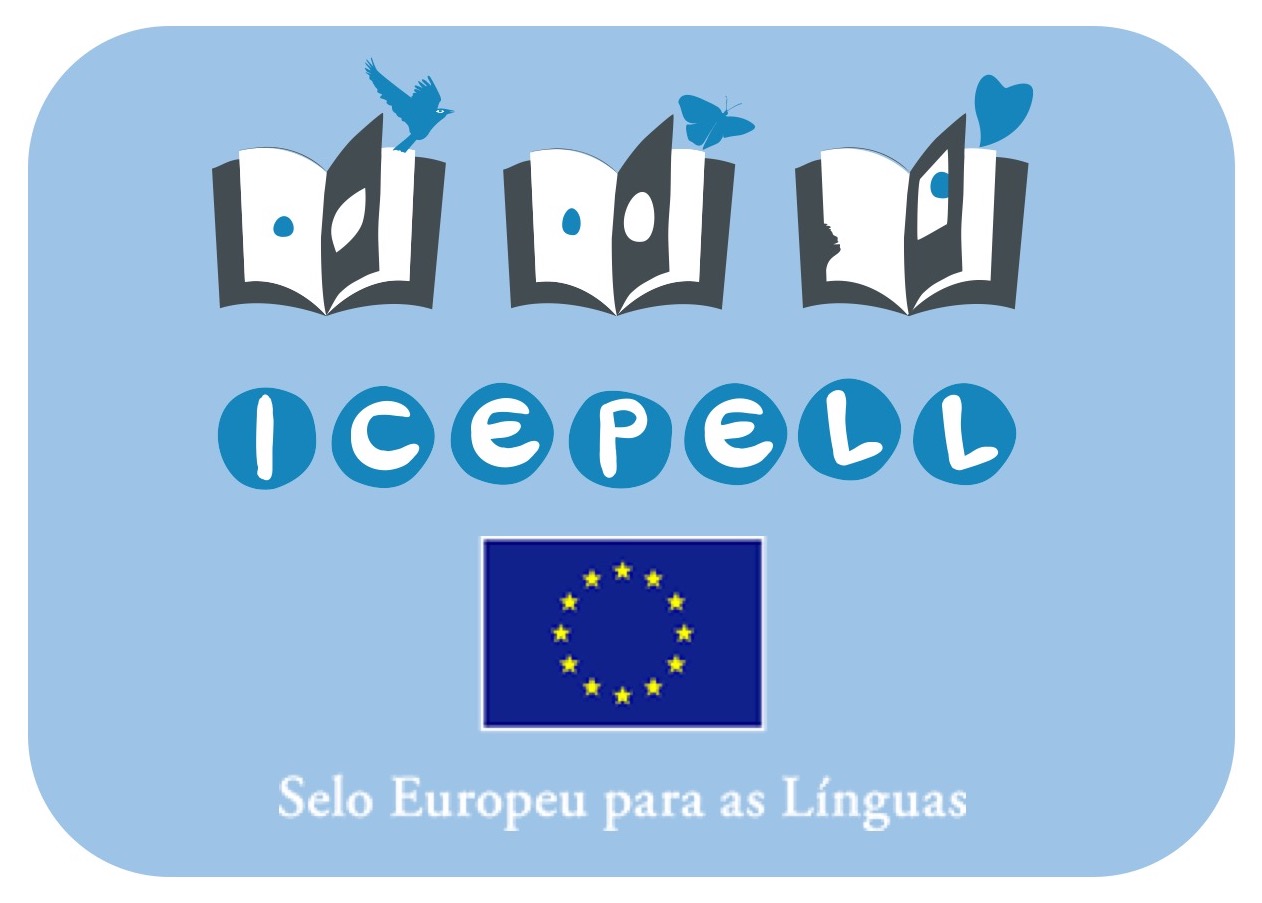
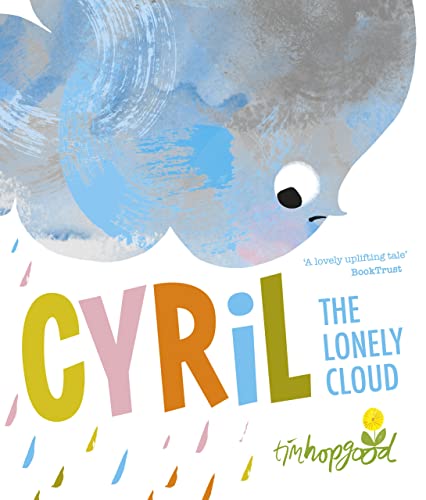
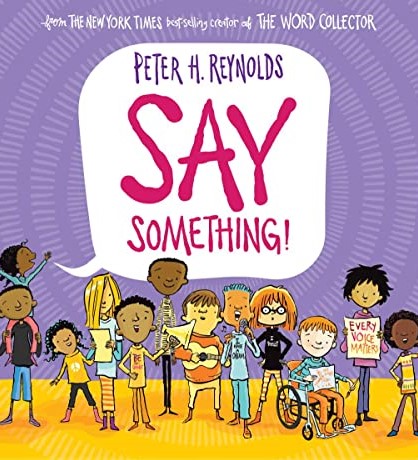

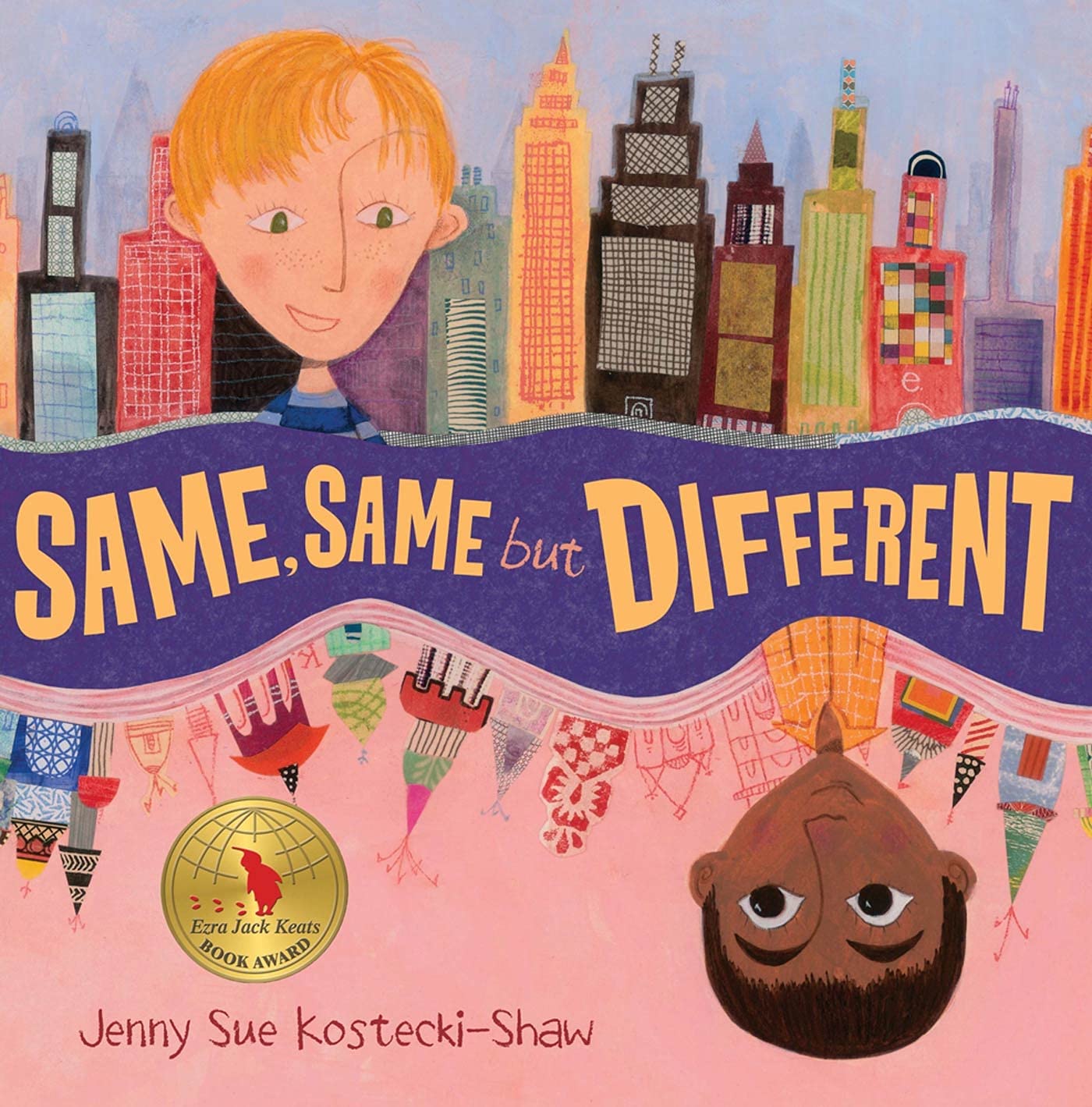



ICEPELL (Intercultural Citizenship Education through Picturebooks in Early English Language Learning), an Erasmus+ project, amplified these voices. It brought them into schools, gave them a home in English classrooms, where they went from illustrated pages via teachers’ learning to children’s hearts. As teachers, student teachers and teacher librarians in the project learnt to engage with the raw material of these picturebooks, they moulded ideas, activities and questions that tackle the challenges of the world today and connected local and global experiences. Through teacher learning and active engagement with the materials we hope these voices will continue echoing through classrooms across the world.
The ICEPELL project team consisted of picturebook lovers with a strong belief in the power of intercultural learning and citizenship education from five different countries, working at the following institutions, Universidade Nova de Lisboa and Associação Portugesa de Professores de Inglês (Portugal), Nord University (Norway), Avans University of Applied Sciences (the Netherlands), Technische Universität Braunschweig (Germany), USR Piemonte Sustainable Network (Italy). Working across geographical and educational contexts and learning to understand and respect the specificities of primary education in each country was an intercultural experience in itself for the project team. Discovering we were Same, Same, but Different, we worked through our differences and celebrated our similarities as we imagined the core materials that would eventually become the final outputs.
These final outputs consist of the following elements:
- The ICE Survey, which can be download in English, identified the needs in each context in terms of integrating picturebooks, intercultural learning and citizenship education.
- The Picturebook Selection Guide is a tool, consisting of a number of questions that can help teachers identify suitable picturebooks for intercultural citizenship in early English language learning. It encourages deeper reflection around a picturebook, its potential for intercultural citizenship and the role of the teacher in mediating intercultural and citizenship themes. Only by understanding how the world is, a world where the War did come, where The Water Protectors need to stand their ground and where not everybody is always Welcome, can we work to make it a better place. However, bringing these challenging themes into the classroom and handling them with care is a skill that teachers need to develop. Hence, selecting the appropriate picturebooks for exploring these themes was an important first step in educating teachers in this process.
- The ICEPro Course, is a unique opportunity to connect theory and research-based input with practical strategies for classroom implementation of ICE through picturebooks. This course will be replicated on the European School Education Platform in 2023. During the project, the ICEPro Course enabled teachers to collaborate across borders, on the eTwinning platform, develop intercultural communicative competence, review and reflect on their learning and learn how to create materials for ICE.
- These materials, called ICEKits, were created by teachers for teachers with the expert support of the ICEPELL team. These materials address the themes of belonging Here or Wherever (and Whoever) you are in the world, the climate crisis with an explicit call to get involved and Clean Up, the refugee and immigrant experience where Suitcases carry past lives and Elephants, or any strange-looking characters are strictly forbidden.
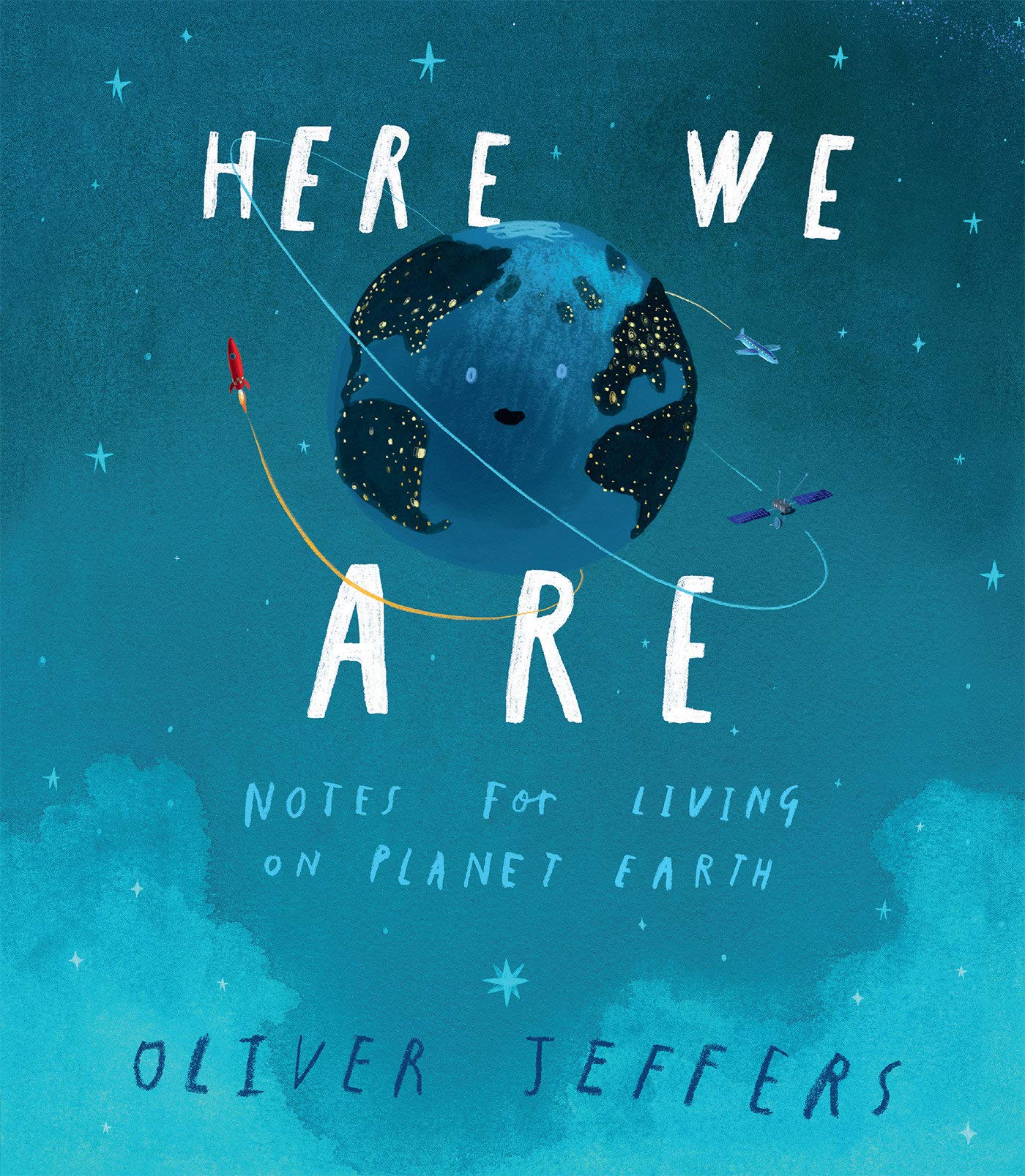
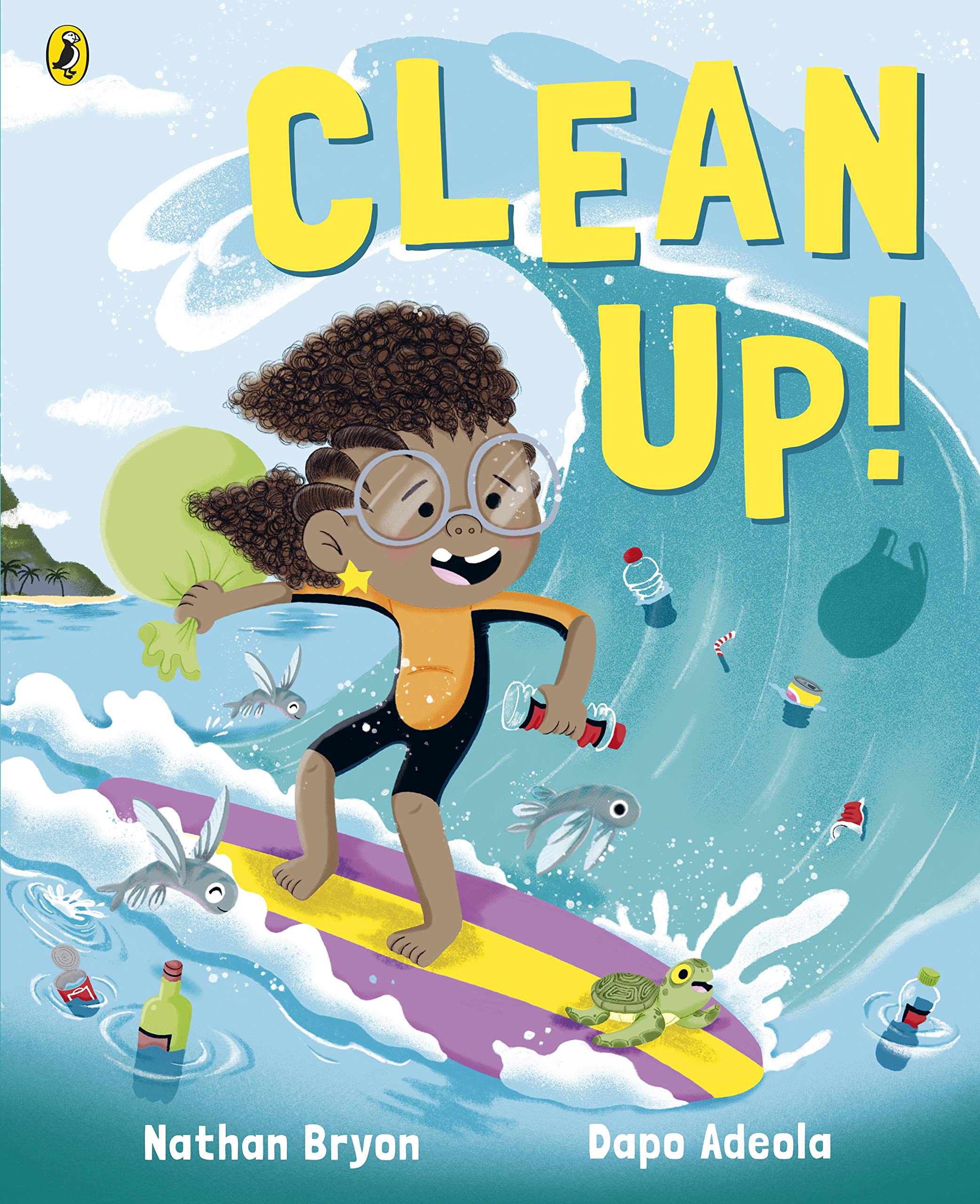



There is always a big bad wolf in any story and ours was COVID-19! After a first meeting in Lisbon to kick start the project, this beast, worthy of any villain, slithered into our midst, locked us in our home offices, behind our screens and forced us to work differently. It prevented us from travelling to the different countries, and welcomed us into a brave new virtual, hybrid, synchronous, asynchronous, digital world. We resigned ourselves to becoming digitally creative, flexible and a lot more accepting of technical problems. We created two ICEPro Courses, one fully online course in 2021 – the Spring ICEPro Virtual Course, which we restructured into a hybrid course – the Autumn ICEPro Hybrid Course. We also organised a fully virtual ICE Symposium, which reached over 1200 people, and a hybrid conference in Lisbon, with 130 participants attending in person and 350 attending virtually. Both events showcased the excellent teacher created ICEKits and allowed us to meet and thoroughly enjoy listening to Professor Michael Byram, picturebook creators Francesca Sanna, Nicola Davies and Barroux, and storyteller Alec Williams.
